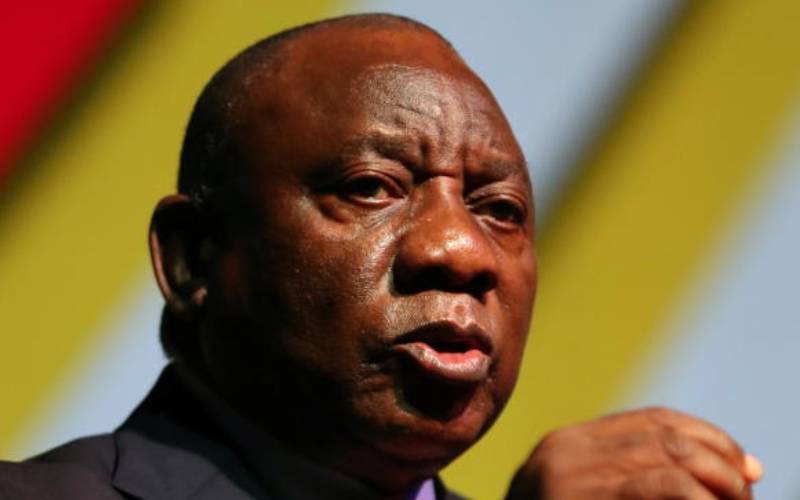×
The Standard e-Paper
Kenya’s Boldest Voice

South Africa is faced with interesting times. In the recently concluded elections, the African National Congress (ANC), Democratic Alliance (DA), Inkatha Freedom Party (IFP), Patriotic Alliance (PA) and the Good Party came together to form a Government of National Unity (GNU).
From the proportion of seats won by each party, it is clear the ANC and DA will be the main drivers of this GNU, with the IFP, PA and Good Party providing peripheral input.